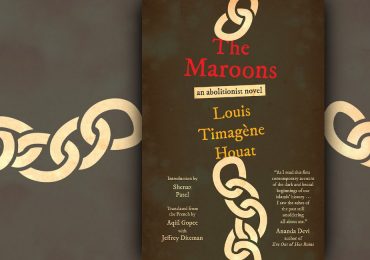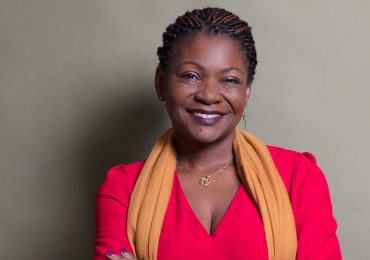The French language is notoriously conservative. There is even a congregation of very serious people—l’Académie française—that decides how the language will evolve.
Although words like « rageux » (meaning ‘internet trolls’) « hoverboard » or « liker » are used in common parlance and on the web, it’s only when the key dictionaries, Le Robert and Larousse, accept them that they are formally considered part of the French language, suitable for use in print.
This control of language naturally has a direct effect on writers, readers and how the written arts are perceived and practiced.
The lexicographers and intellectuals who work for the dictionaries and l’Académie also ‘Frenchify’ words every year. So that they don’t stick out like sore thumbs in sentences, the words go through a sort of institutionalised linguistic assimilation. For example, the term « bobo » has existed in French for some time; it’s short for « bourgeois bohême » (‘bourgeois bohemian’), what English speakers might call a ‘rich hippie’ or ‘trustafarian’. Since bobos are a big part of a global phenomenon, Larousse went with « boboïsation » to mean ‘gentrification’.
As the world becomes more tech obsessed, many of the additions to the 2019 edition of Le Robert and Larousse are tech-related, such as « rançongiciel » for ‘ransomware’. Great strides have been made in the LGBTQ+ community, with « queer », « trans » and « intersex » now being included, although the accuracy and tone of the definitions have been put under scrutiny by activists.
There are also some gems from black French-speaking countries, like « douciner », a more beautiful way to refer to ‘caresses’, sent with love from the Antilles. From central Africa, « le quart d’heure académique », the permitted amount of lateness when meeting up, is included, perhaps a nod to ‘African time’.
- Read more about French neologisms and the controversy surrounding them here.
- Efemia Chela is Francophone and Contributing Editor; follow her on Twitter.





